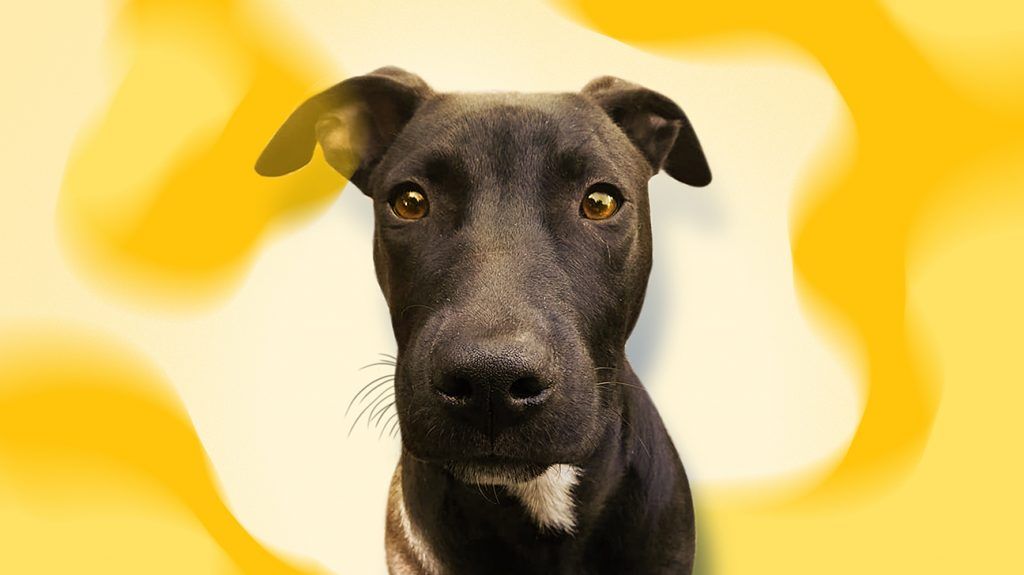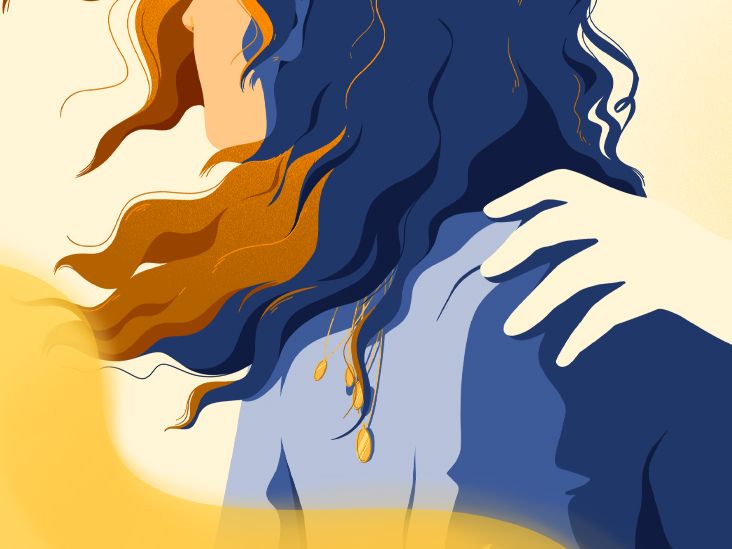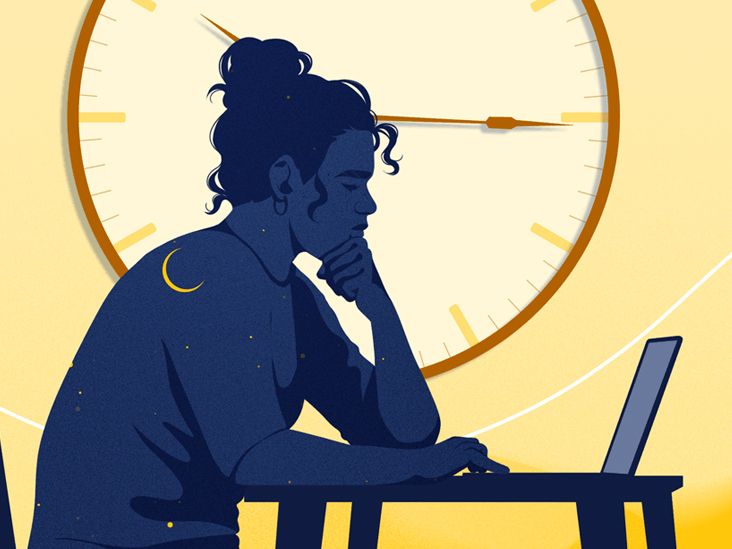
I always joke that my rescue dog is a pavement special with pedigree taste. He needs a specific top-of-the-line, expensive prescription food, or his skin transforms into a red, bumpy mess that oozes and stinks and itches. And then he scratches — a lot.
I adopted him the day before lockdown hit South Africa. Because I was home all day, I noticed that he scratched himself often. I’m not going to lie: His constant scratching was probably the worst part of having a puppy. Teaching him commands and managing housetraining was far easier than seeing him irritated and in pain.
Little did I know that nursing him through his skin condition would help me manage my own mental condition: obsessive-compulsive disorder (OCD).
OCD is a hugely misunderstood mental condition.
Many people who can wrap their heads around anxiety disorders and clinical depression can’t do the same for OCD.
In part, this is because there’s so much misinformation about the condition, compounded with a great deal of misrepresentation in popular media.
Another reason is that OCD shows up in so many ways, and explaining “OCD logic” is difficult. Even people who have been diagnosed with OCD struggle to understand it.
This misunderstanding can be a problem.
Many people with OCD don’t quite realize what’s happening to them. This means that it can be more difficult for them to seek help. It can also be scary, as you don’t quite understand your thoughts or behavior. Also, many people with OCD are misdiagnosed, which means they might not get the treatment they need.
Personally, I’ve found that understanding my OCD has been the key to dealing with it.
OCD is made up of two parts:
- obsessions, which are intrusive, unwanted, persistent thoughts
- compulsions, which are actions you perform to “relieve” those thoughts
Sometimes, the compulsion is logical.
For example, the obsession might be the persistent thought that you’ll accidentally leave the house unlocked, and your compulsion might be to check the locks 10 times.
For some of us, the compulsions are meant to get rid of the thought. For others, it’s meant to reduce the chances of your fear actually occurring.
For those of us who think our obsessive thoughts will manifest our fears, it’s both.
In other situations, the compulsion seems totally unrelated.
I used to have intrusive thoughts that all my loved ones would suddenly all die. I had a compulsion where I’d wring my hands. Although these seem totally unrelated, it’s what made sense to some part of me at the time.
In that way, a compulsion is a lot like scratching an itch.
Even though you know scratching won’t make the rash go away, you want that temporary relief. There’s a part of you that believes your compulsion will “neutralize” or soothe the threat.
And sometimes, scratching makes a rash worse: it opens your skin, leading to further inflammation and redness.
In the same way, engaging in those compulsions doesn’t help your mental health. But at the time, it feels necessary.
When my dog itches, I don’t feel it — I only hear and see the scratching. And in the same way, people never see the obsessive thoughts that plague me daily. They see only the compulsions.
It’s easy for me to yell at my dog to stop scratching, but it doesn’t help. It’s also easy for people without OCD to advise those with germophobia to just stop cleaning things excessively, but that doesn’t help.
While it sounds simple in theory, it’s as hard as trying not to scratch after you’ve rolled through poison ivy.
And that’s why OCD is so misunderstood: Other people see only the tip of the iceberg.
Experiencing your obsessions without engaging in your compulsions is a lot like feeling an itch without being able to scratch it. The compulsions, like the scratches, are irresistible, even though you know it won’t cure the underlying problem.
One common therapy for OCD is Exposure Response Prevention (ERP) therapy.
Guided by a therapist, you’ll be encouraged to simply let your obsessive thoughts happen without engaging in the compulsions. This shows you that the world does not, in fact, implode when you stop engaging in your compulsions.
And, like resisting a good scratch, resisting my compulsions is a difficult task.
Sometimes, it takes all my mental energy. On some days, I feel exhausted. I tell myself I’ll just twist my wrists a little — a tiny scratch to ease the incessant itch.
On the days I engage in my compulsions, I feel like a total, utter failure. Because my OCD is so illogical — twist your wrists and your loved ones won’t die — I actually feel stupid for carrying out my compulsions.
And at those times, I try to remember my pup. Yes, scratching makes his itching worse. But that obviously doesn’t make him a bad dog.
In the same way, when I engage in my compulsions, I’m not necessarily a bad person. I’m not a failure or weak. It’s a logical response to an itch.
On a surface level, ERP teaches you that your compulsions aren’t necessary for keeping yourself safe. But on a deeper level, for me, ERP required a lot of self-compassion.
Being compassionate toward my dog for his response to something out of his control helped me be compassionate toward myself for the same thing.
Taking care of an animal can teach you a lot about taking care of yourself.
Figuring out my dog’s rash took a great deal of experimentation. I tried dozens of new, expensive foods, I cleaned his painful-looking patches with bright pink cleanser, I applied vet-recommended lotions to give him some relief. This took a lot of patience — patience I never thought I’d be able to muster.
In the same way, managing my OCD has taken patience.
In a world where most of us are so accustomed to instant gratification, it can be extremely frustrating when things don’t work immediately. I feel this way often, especially about addressing my OCD.
A big part of healing has been recognizing that “control” isn’t a black-and-white thing.
To an extent, I can control my compulsions, just as you have some control over whether you scratch yourself. But that doesn’t mean that my condition is my fault, and it doesn’t mean I’m a failure when I do engage in those compulsions.
Understanding my OCD and meeting it with kindness instead of fighting against myself has made all the difference to my healing. Every day, I find myself getting better and better, just like my four-legged best friend.



